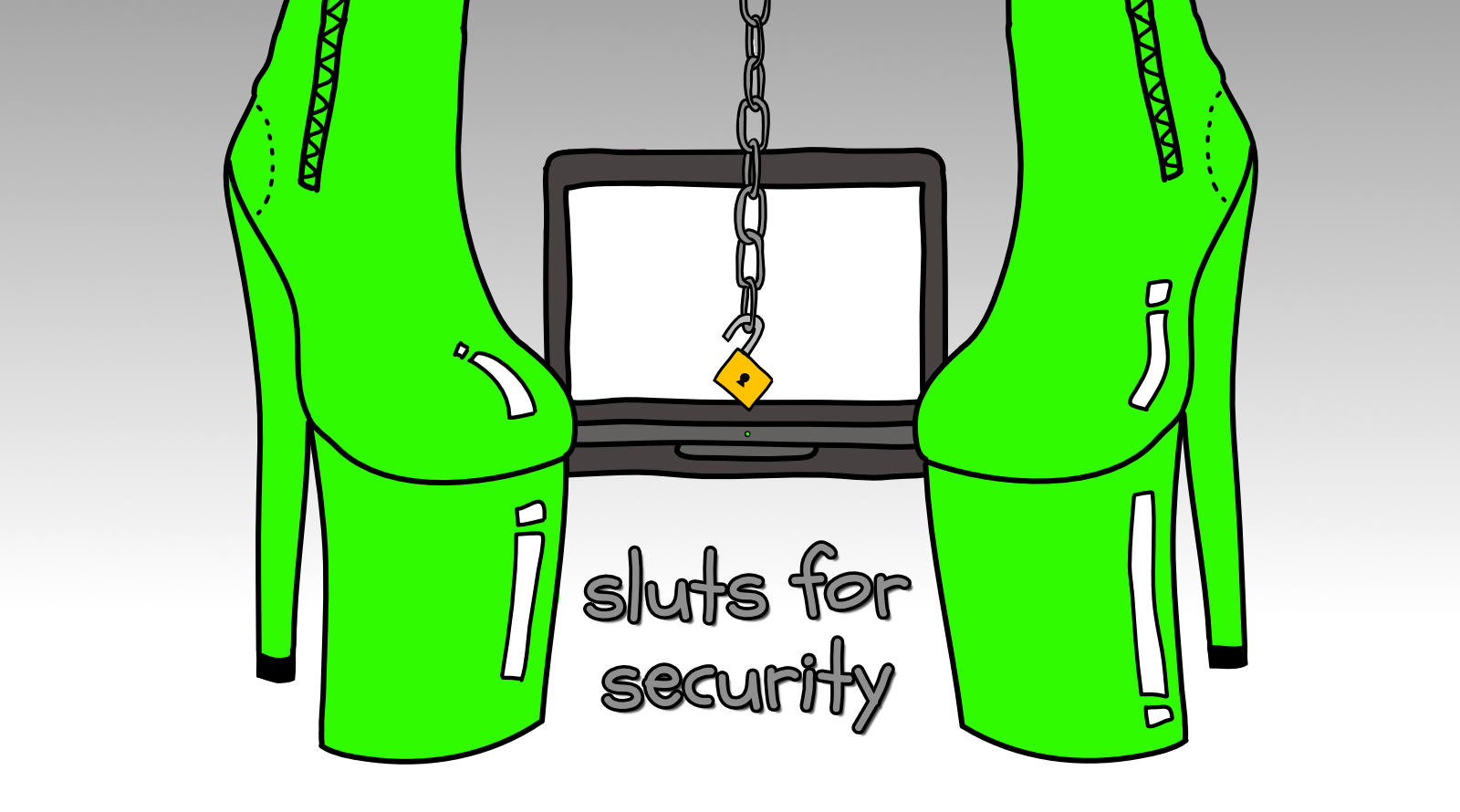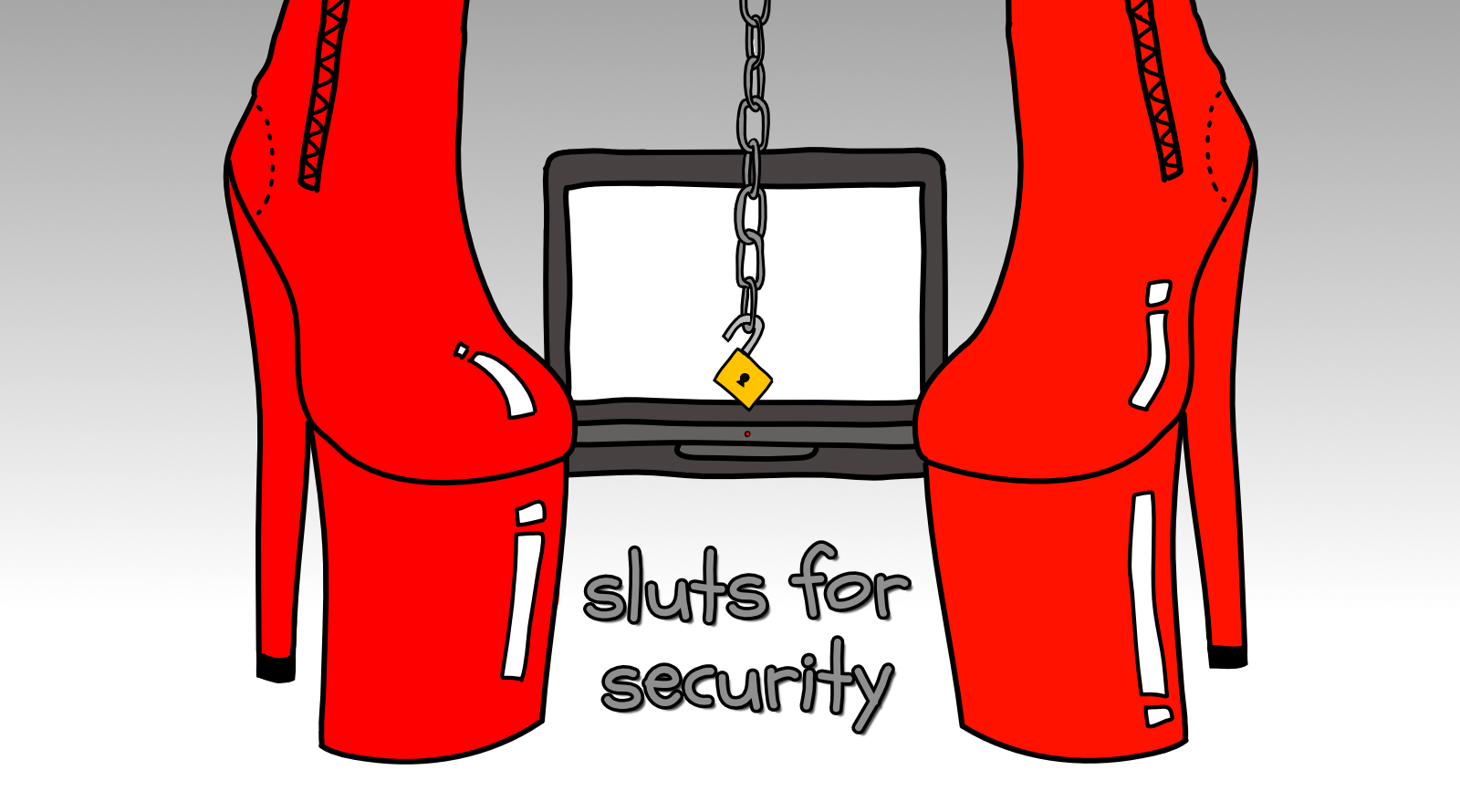I've talked about metadata before on this blog, but didn't get into what you can do about websites and apps collecting all that metadata. This post contains some low-cost and low-hassle techniques to limit the data scraped, sucked, and leaked out of your online activities. It's not a perfect list that'll make you a virtual ghost, but these tasks are the bare minimum anyone conscious of their digital privacy should enact.
Use an ad blocker
The main point of all this metadata collection is typically just to show you ads. By blocking ads and their tracking methods, you're noping out of a big chunk of metadata collection – and you don't have to see those god awful ads! The data collected by advertisers is also regularly on-sold to other non-advertising organisations, including the FBI who recently admitted they purchase advertising data because it’s so good at tracking people. Once data is collected, there’s no guarantee that the entity that collects it keeps it to themselves and it isn’t sold, given, or even stolen by someone that’ll use that metadata against you.
uBlock Origin is an excellent browser plug-in that'll block ads. NextDNS is a useful service that blocks ads at a network level, so they don't even reach your device. Great for blocking trackers and ads that happen outside of a web browser.
Remove EXIF data on photos
EXIF data is the information stored inside an image file that can tell a computer what type of camera took it, the settings the camera used, and even where that photo was taken. Most smartphones have this information embedded by default in every single photo, so if you don't want precise GPS coordinates of where your photos were snapped, turn this feature off in your camera settings – here are instructions for iOS and here’s how to change location settings for every app (including the camera app) on Android. You can also get apps that bulk remove the EXIF data from images you’ve already taken.
Unique email addresses for each service
An email address is a great way to track you across the internet. If you use cool@email.com to sign up for various services, it's obvious those accounts all belong to the same person. But if you use 36w52@email.com on one service, then dh563@email.com on another and keep using random email addresses for each service, it raises the difficulty for linking those accounts back to the same person. Services like Fastmail and Protonmail have features to manage auto-generating new aliases on demand.
Change your DNS resolver
DNS resolvers are like a phonebook for the internet. They're the servers your computer contacts to ask what the IP address of a domain name is. Every time you go to a website or the apps on your phone connect to the internet, they have to ask a DNS resolver for instructions. That also means the DNS resolver can store a list of most websites you visit and the apps you use. By using a more security conscious and anonymous DNS resolver like Mullvad and Quad9, that's one fewer place your metadata is left lingering.
Use a VPN (maybe)
VPNs are sold as silver bullets for all your internet privacy needs, but as I've said before on this blog, VPNs are only useful in certain situations. Unless you're trying to hide your internet activity from your ISP (which can sometimes also be your government), then a VPN isn't going to do much. But if you are using a tainted internet connection that's under surveillance, then using a reliable and honest VPN provider is strongly recommended – unless the act of using a VPN itself is suspicious.
It's easy to get into tin-foil hat territory when discussing metadata collection, but hopefully this succinct list of things you can do to protect yourself online gets you started. If you want to learn more about what you can do to stop apps spying on you, have a read of the Electronic Frontier Foundation's Surveillance Self-Defense guide.
For more from Ada Hamilton on all things data, see How to Delete Your Data and Excessive Data Collection & How It Impacts You.
Got a tech question for Ada? She wants to hear from you!
Ada answers all your questions about tech, the online world, and staying safe in it. No question is too silly, no hypothetical is too far-fetched! Learn to leverage devices, systems, and platforms to your benefit.





